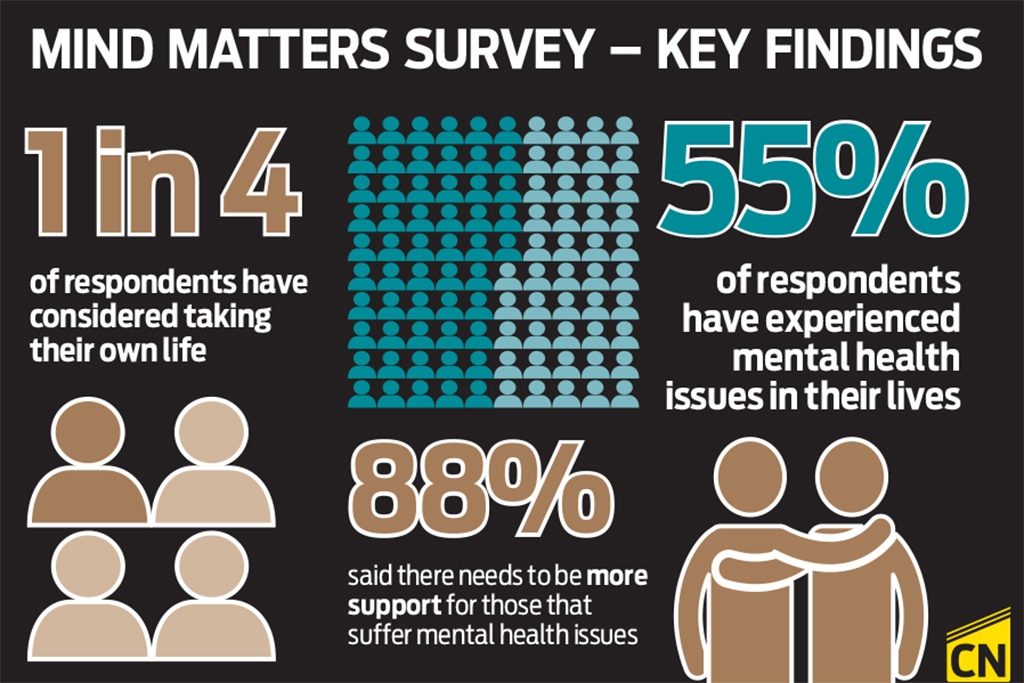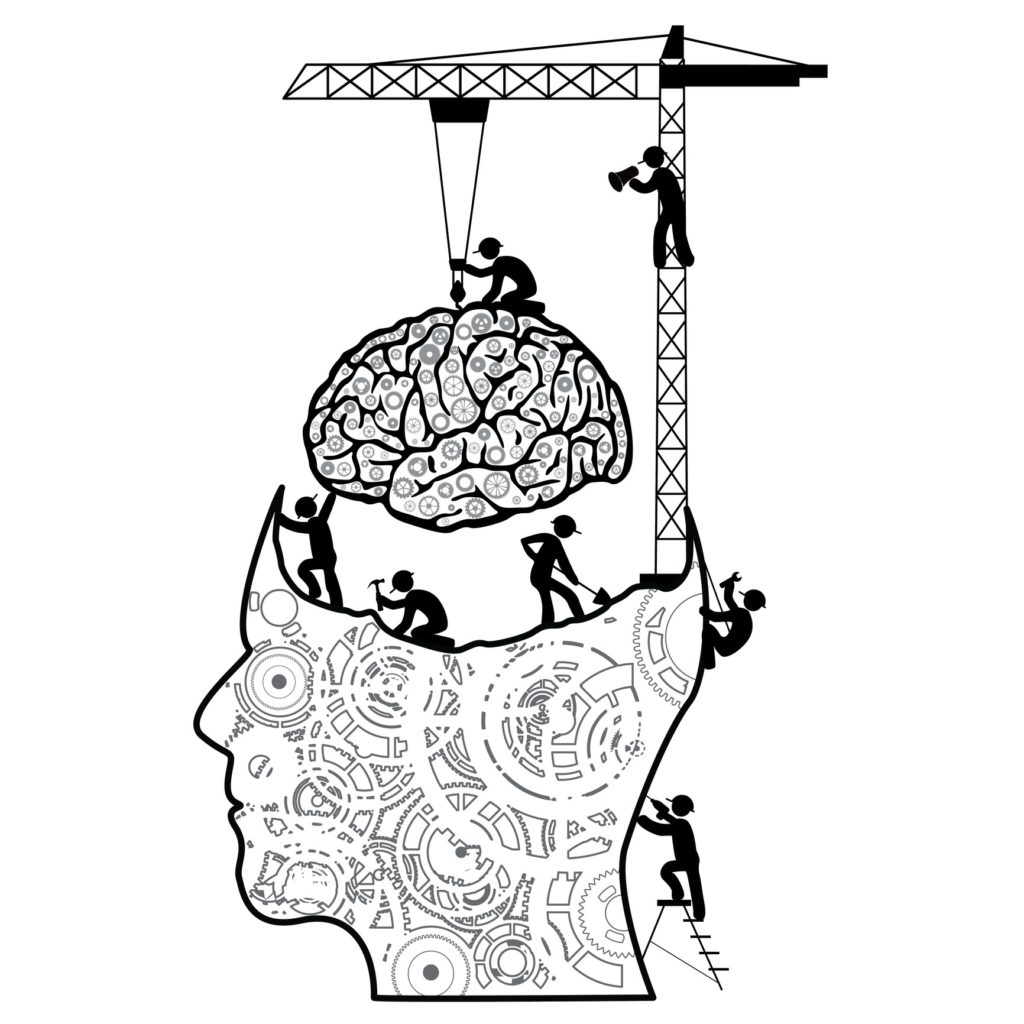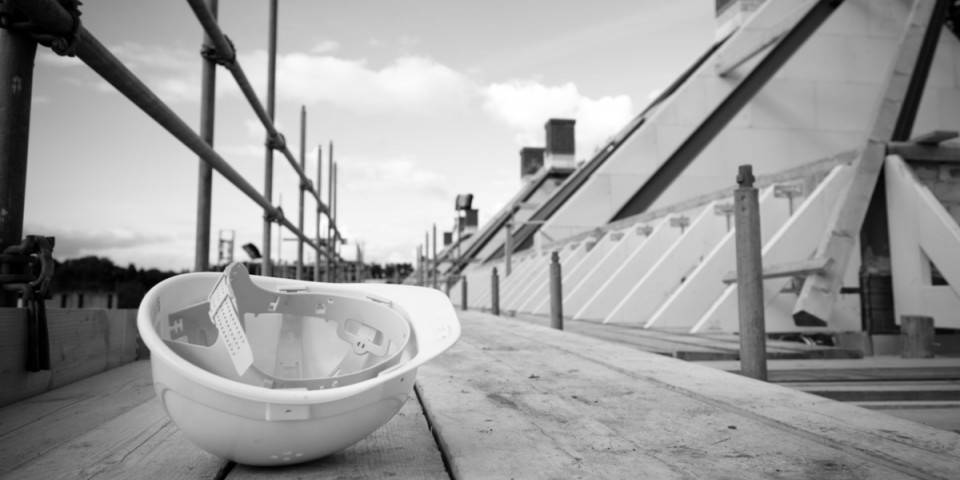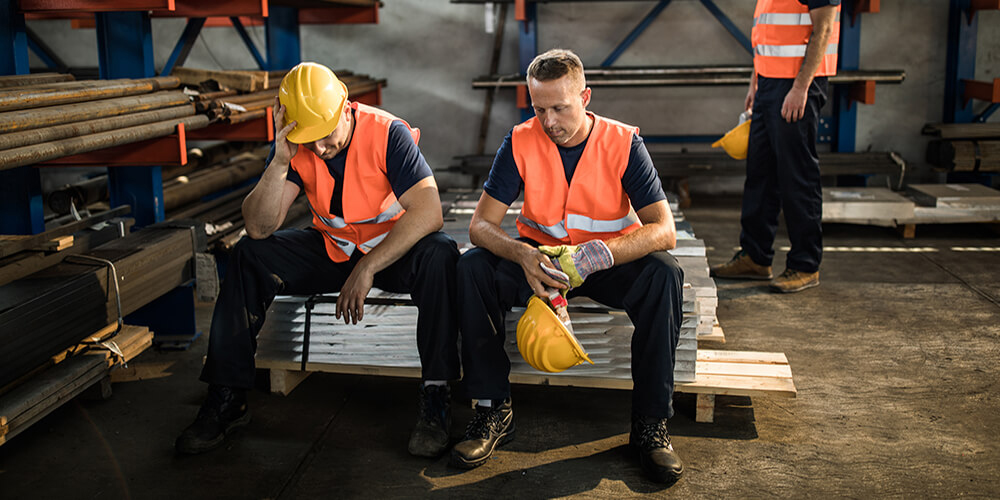Mental Health and Stress in the Construction Industry
Stress and poor mental health in the construction industry is on the rise. Stress has a huge effect on employees and their mental health, and in recent years it has led to some shockingly tragic statistics. According to the Office for National Statistics the suicide rate for male construction workers is three times higher than that of the average UK male.
Construction Industry Lifestyle
The construction industry lifestyle is undoubtedly both challenging and stressful. Long demanding working hours, working away from home on sites for weeks at a time not being able to spend time with their families, and the lingering unease about when and where their next job will be meaning often, they spend large periods of time out of work, can all be very stressful for someone. Their work is also very physically challenging which makes employees prone to injuries and fatigue, which can lead to chronic pain and distress. Construction work can also be very dangerous so there is the possibility someone may suffer post-traumatic stress from psychological injury caused by witnessing a traumatic life-threatening event, or seeing a co-worker be seriously injured or killed at work. These are just a few factors that can contribute to poor mental health.
Stress
The Health and Safety Executive defines stress as “the adverse reaction people have to excessive pressure or other types of demands placed on them.” Workplace stress therefore, refers to stress experienced as a direct result of a persons’ occupation. When stress is not handled effectively it can spiral out of control and lead to serious mental health issues like depression, anxiety and mental breakdowns. This, in turn, can lead to tragic consequences.
Tragic consequences
The Office of National Statistics found that between 2011 and 2015 of the 13,232 in-work suicides recorded, those within the construction and building trades made up 13.2%, even though construction workers only accounted for little over seven per cent of the UK workforce. In 2016, 454 construction workers died as a result of suicide, which was 15 times higher than those who died due to a fatal accident that year. The National Building Specification reports that for men between the ages of 15 and 49 (who are typically part of the workforce) suicide is now the leading cause of death.

Gail Cartmail, acting general secretary at trade union Unite, when speaking to Construction News, stated that these startling numbers suggest employers in the industry are “failing their duty of care to their workforce.” She also added that “We need to be ensuring that far higher numbers of workers are trained in mental health first aid.”
Mental Health First Aid
The HSE have also recently advised that organisations may find it beneficial to have personnel trained to identify and understand symptoms, who can support employees who might be experiencing mental health issues. They suggest that companies should provide mental health first aid training courses to managers or appointed first aiders within the company. This would mean there would be someone there who can recognise the warning signs of mental ill-health and help employees who may be suffering as early as possible.
In a workforce that is predominantly male, a “tough guy” image and macho culture is widespread throughout the industry. Therefore, talking about emotions, opening up and asking for help are not things that come naturally to many people working in the construction industry, and they may feel if they do open up, they would get ridiculed for it. This means that many people suffer in silence, often until it is too late. Of the 1,419 people, working in the construction industry, who took their own lives between 2011 and 2015, 1,409 were men and just 10 were women. This just shows how ingrained this culture is within the construction industry.

Over half of the people working in the Construction Industry experienced mental health issues
Pbctoday reported that more than half of the people working in the construction industry experienced mental health issues and due to the stigma, that surrounds mental health, a large proportion felt unable to tell their employer they were struggling. If more people know the signs of poor mental health then the more chance there is people can get help. The Construction Financial Management Association has set out some useful signs to look out for that can indicate someone may be suffering from poor mental health. These include:
- Increased lateness, absenteeism and presenteeism (physically showing up at work, but not being able to function)
- Decreased productivity due to distraction and cognitive slowing
- Decreased self-confidence
- Isolation from peers
- Being increasingly agitated and increased interpersonal conflict among co-workers
- Increased voluntary and involuntary attrition
- Increased feelings of being overwhelmed
- Decreased ability to solve problems
- Lack of motivation
- Changes in personality
- Frequent health issues
The impact is not just mental and physical – there is an economic impact too. Unrecognised and unsupported mental health issues can have a massive impact on the company’s revenue and productivity. According to the National Building Specification, mental health issues account for people taking almost 70 million days off sick per year – this is more than any other health condition – costing the UK economy between £70 – £100 billion a year.

Mental Health needs to be a priority to employers
The statistics as they stand are unacceptable. Mental health needs to be a priority to employers in the construction industry. Under the Considerate Constructors Scheme’s Code of Considerate Practice, looking after employee’s mental health is vital. Under the ‘Value their Workforce’ clause, in which they should provide a supportive and caring working environment, they should care for the health and wellbeing of the workforce and provide and maintain high standards of welfare.
Providing mental health interventions for employees will help employers stick to this Code of Considerate Practice. By providing these interventions it will give employees a safe place to express their feelings without worrying they will be ridiculed for it and can help them to address any issues they have and get the help they need. By providing mental health first aid training it will educate people on mental illness. This will hopefully work towards breaking down the stigma associated with mental health in the construction industry and help to eradicate the ‘tough guy’ culture, possibly saving many lives in the process.

Kays Medical can help
Kays Medical can provide a variety of Occupational Health services that can improve mental health in the construction industry and help those who may be suffering. Kays can provide Mental Health First Aid Courses which can help educate staff on mental health and help them to identify individuals at risk or in crisis. We can also offer Workplace Stress Risk Assessments to HSE Management Standards. Employers have a legal duty to protect employees from stress at work by doing a risk assessment and acting on it. This can help to determine the origins of workplace stress which allows controls to be put in place to manage this effectively. Kays Medicals Occupational Health specialists can help with workplace stress issues effectively and sensitively, delivering a risk-based solution. This can help to target factors which can cause stress to employees before it affects them significantly, possibly preventing it building up and contributing to a serious mental health issue.